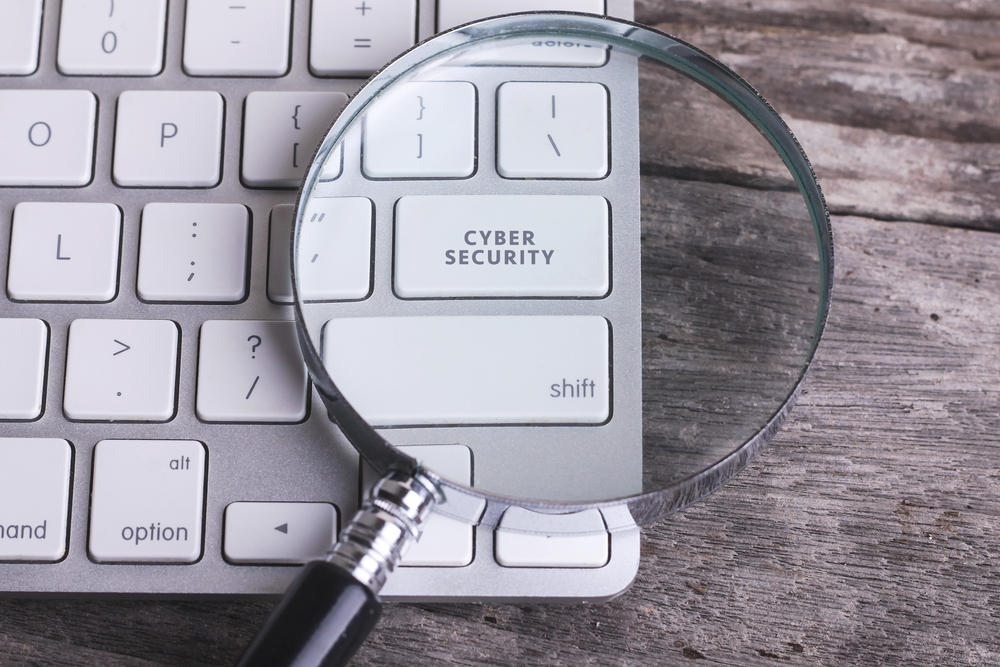
Following a hearing on strategies to strengthen U.S. cybersecurity capabilities on Wednesday, U.S. Sen. Roger Wicker (R-MS) highlighted legislation he previously introduced to expand scholarship opportunities for students studying cybersecurity.
The U.S. Senate Commerce, Science and Transportation Committee convened the hearing in response to revelations earlier this year about “spectre” and “meltdown” cybersecurity vulnerabilities. Sri Sridharan, managing director for the Florida Center for Cybersecurity at the University of South Florida, noted the importance of attracting younger students to cybersecurity careers.
“We have to create a very large cybersecurity workforce,” Sridharan said. “Last year, 300,000 jobs went unfilled around the nation,” Sridharan said. “That’s an alarming number, and it will increase exponentially.”
Wicker also questioned José-Marie Griffiths, president of Dakota State University, about the career potential of students who pursue careers in cybersecurity. She responded that graduates with bachelor’s degrees start out with salaries of $85,000 to $90,000, and students with master’s degrees have starting salaries of $100,000.
In March 2017, Wicker introduced the Cyber Scholarship Opportunities Act. The measure would expand the National Science Foundation (NSF) CyberCorps Scholarship-for-Service program, help universities develop cybersecurity programs, and support cybersecurity boot camps and cybersecurity literacy for youth.
“Cybersecurity threats are rapidly increasing and impact nearly every industry,” Wicker said. “CyberCorps Scholarship-for-Service, as well as other D0D and NSA programs, provides resources to train the next generation in our fight against cyber-attacks. Mississippi State University has been a leader in this endeavor, utilizing the CyberCorps program for the past decade. This legislation would continue that support while expanding access to community college and K-12 students across Mississippi. It is critical that the federal government and private industry be prepared to prevent future attacks. This bill is a way to help meet a growing demand in the cybersecurity workforce.”




